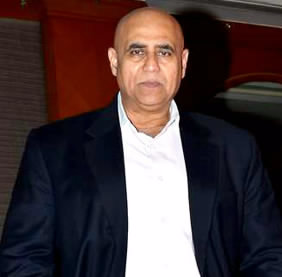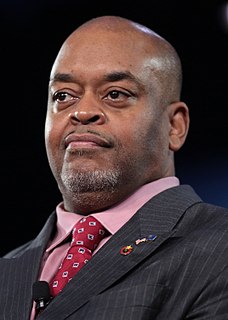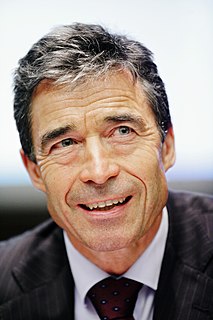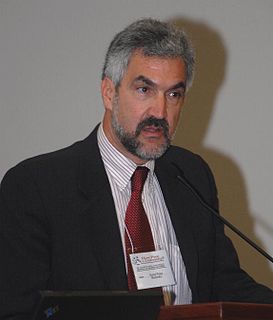A Quote by Chris Christie
Given my last position, that I was the first U.S attorney post 9/11 in New Jersey, I understand acutely the pain and sorrow and upset of the family members who lost loved ones that day at the hands of radical Muslim extremists. And their sensitivities and concerns have to be taken into account.
Related Quotes
The Jews have a powerful ally, America, but they do not really have a bigger family in the same way that there is a European family or an Arab-Muslim family. People who fail to understand this ambivalence will never understand this country. They will not be able to understand how Netanyahu could win the last election by saying the Iranians are coming, Islamic State (IS) is coming, the Arabs are coming, and the whole world hates us anyway.
Some countries such as Iran and Syria are using the commotion to distract attention from their own problems with the international community. The Palestinians, who have been deeply divided since their election, have found a common enemy in Denmark that unites them. Extremists and fundamentalists are exploiting the conflict to promote their radical agenda and win new members.
My last vestige of 'hands off religion' respect disappeared in the smoke and choking dust of September 11, 2001, followed by the 'National Day of Prayer,' when prelates and pastors did their tremulous Martin Luther King impersonations and urged people of mutually incompatible faiths to hold hands, united in homage to the very force that caused the problem in the first place.
The anniversary of the tragic attacks on September 11, 2001, and September 11, 2012, is a day to remember those who died and suffered. It is also an opportunity to open a new dialogue on the tactics and strategies that have been successful - and unsuccessful - in confronting, containing, and defeating the threat from radical Islam.
But pain may be a gift to us. Remember, after all, that pain is one of the ways we register in memory the things that vanish, that are taken away. We fix them in our minds forever by yearning, by pain, by crying out. Pain, the pain that seems unbearable at the time, is memory's first imprinting step, the cornerstone of the temple we erect inside us in memory of the dead. Pain is part of memory, and memory is a God-given gift.

































